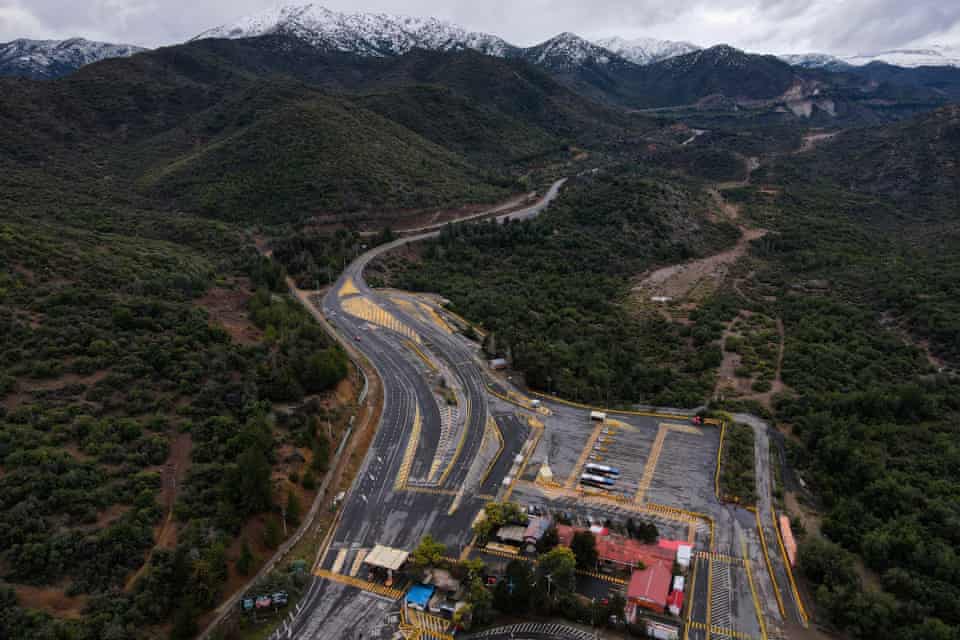One of five miners trapped underground following a partial collapse at the world’s largest copper mine has been found dead, Chile’s state-owned mining giant Codelco confirmed on Saturday, as rescue teams continue searching for the remaining missing workers.
The collapse occurred on Thursday at the El Teniente mine in Rancagua, approximately 100km south of the capital, Santiago, following what authorities described as a “seismic event”. It remains unclear whether the tremor was a natural occurrence or triggered by ongoing drilling operations at the site.
More than 100 personnel are involved in the rescue mission, racing against time to drill through 90 metres of solid rock in a desperate effort to reach the trapped miners. The workers had been extending the mine’s depth to 1,200 metres when the collapse occurred.
Codelco, in a statement, said human remains had been located at the site, though formal identification was still pending. El Teniente’s general manager, Andrés Music, acknowledged the tragic development but expressed hope that the team was close to locating the remaining miners.
“This deeply saddens us, but it also tells us that we are in the right place,” Music said.
Chile’s President, Gabriel Boric, visited the site on Saturday and met with the families of the missing. He pledged that the search would continue without pause.
“Codelco has all the resources, experience and technology to carry out this search,” he said.
On Friday, the body of another miner, unrelated to the five trapped, was recovered following the initial collapse. He was identified as Paulo Marín Tapia.
Operations at El Teniente have been suspended. The historic mine, which began operations in the early 20th century, comprises over 4,500km of underground tunnels and is regarded as a cornerstone of Chile’s mining industry.
In 2024, El Teniente alone produced 356,000 metric tonnes of copper, contributing nearly 7% of the country’s total output. Chile remains the world’s leading copper producer, responsible for nearly a quarter of global supply around 5.3 million metric tonnes last year.



